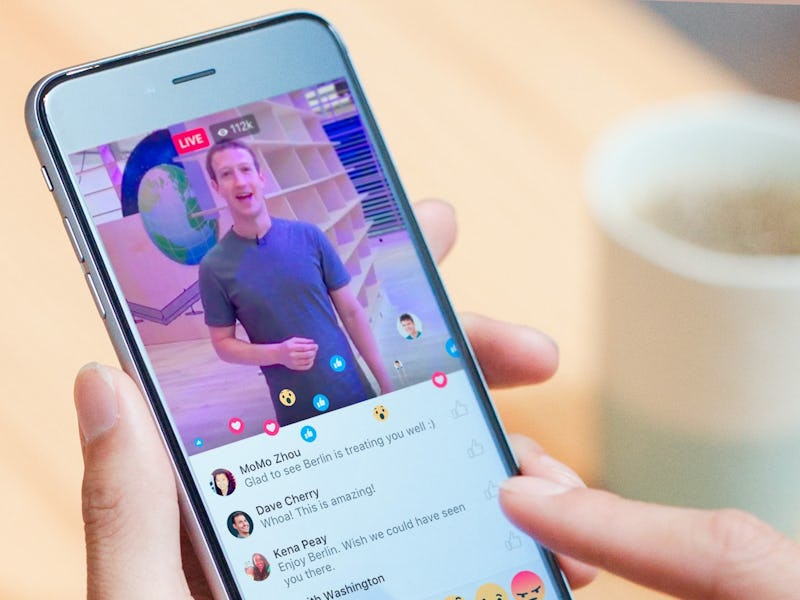Why April 9 Could Be the Biggest #DeleteFacebook Day in History
Facebook could find itself on the edge of a major shift.

A huge movement could hit Facebook next Monday. Mike Schroepfer, its chief technology officer, announced on Wednesday that the company will place a link at the top of everyone’s news feed to a privacy tool. This tool will reveal whether a user’s data is embroiled in the Cambridge Analytica scandal — and it could reignite the #DeleteFacebook movement.
The announcement follows CEO Mark Zuckerberg’s promise in a March 21 interview with CNN’s Laurie Segall, when he announced a tool “where anyone can go and see if their data was a part of this.” Around 270,000 people granted permissions to an app created by researcher Aleksandr Kogan called “thisisyourdigitallife,” which promised to provide personality predictions. The app’s data was given to Cambridge Analytica — which violated Facebook’s app policies — and subsequently used to target ads during political campaigns. When the story broke on March 18 it was initially thought that around 50 million people had been affected by the policy violation, but the company explained on Wednesday that the maximum theoretical number of people hit by the scandal is in fact around 87 million.
How the tool will appear on the News Feed.
The #DeleteFacebook hashtag started in the wake of these revelations, with a number of high-profile successes. WhatsApp co-founder Brian Acton posted his support for the movement on Twitter, a major boost considering his app was acquired by Facebook in 2014 for $19 billion before he left WhatsApp in September of 2017. Elon Musk deleted the SpaceX and Tesla brand pages in solidarity, with Playboy joining the movement less than a week later.
Monday’s tool could breathe new life into the movement, as the full extent of the scandal grows apparent. Around 82 percent of the 87 million potentially affected users — just over 70 million people — were users based in the U.S. That’s an important figure because that user data was used by President Donald Trump’s 2016 campaign team in a technique known as “psychographic modeling.” Cambridge Analytica’s services were also used in over 200 other elections in Nigeria, Kenya, the Czech Republic, and in the United Kingdom’s referendum on European Union membership.
For now, Zuckerberg maintains that the company has seen no “meaningful impact” from the movement, but with the link placed front-and-center from Monday, it could see renewed interest.
According to the CEO, solutions beyond the tool will take years to implement — Zuckerberg described fixing Facebook’s issues as a “multiyear effort.”